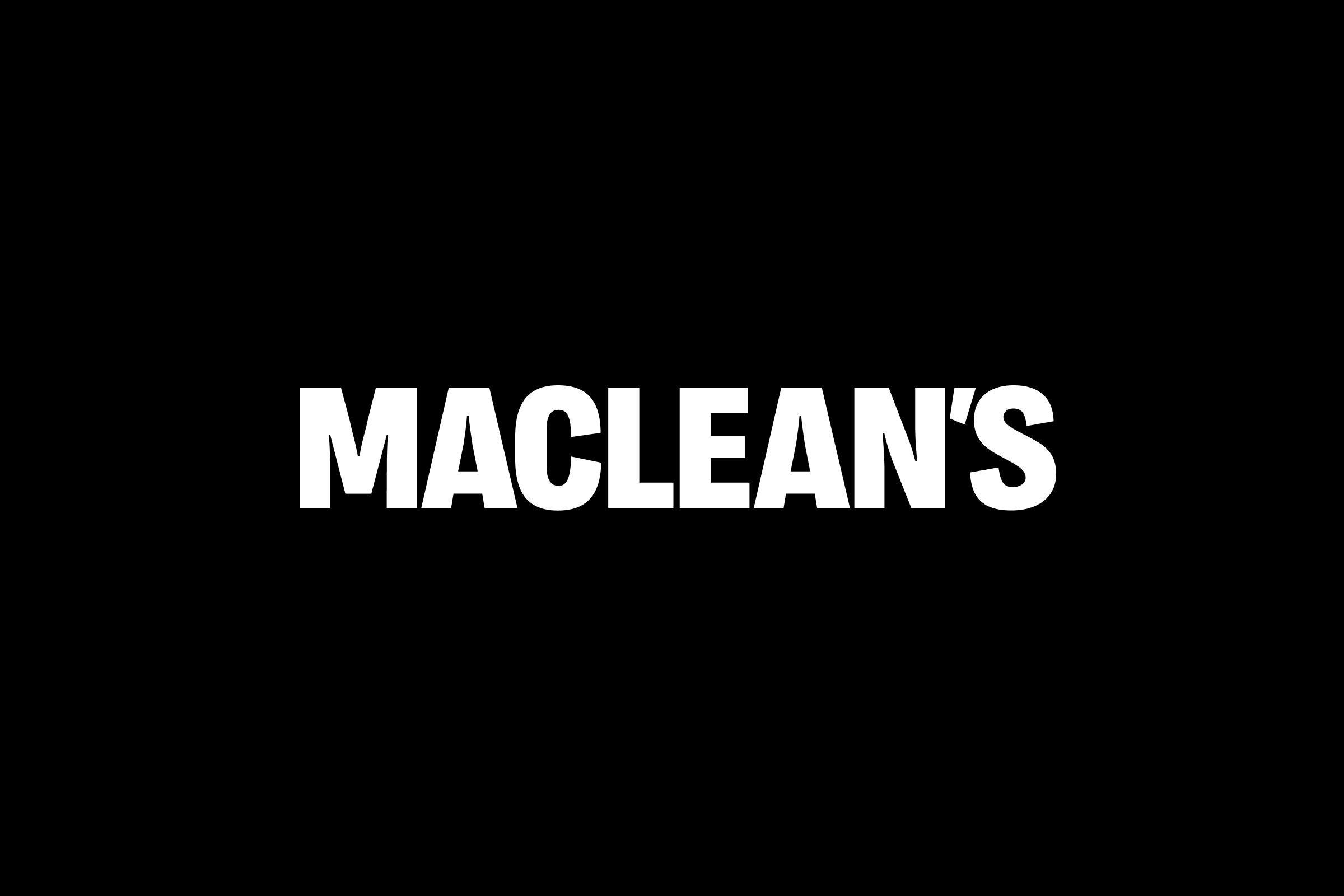Council of Canadians
A Canada-EU trade deal? ‘Hmm …’
Paul Wells explains why CETA seems so unlikely
‘Wanton or officious intermeddling’
Under attack from the Conservative party, the Council of Canadians maintains its perspective.
A study in voter suppression
As part of its challenge to the election results in seven ridings, the Council of Canadians asked Ekos to study the experiences of individuals in those ridings. Ekos surveyed respondents in the seven ridings and then compared those responses to a survey of Canadians residing elsewhere. The full report from Ekos is here.
What happened in Thunder Bay?
As part of its challenge to the election results in seven ridings, the Council of Canadians has obtained (and now released) an affidavit from Annette Desgagne, a call centre worker with Responsive Marketing Group in Thunder Bay.
Redo the election
The Council of Canadians is challenging the election result in seven ridings.
Canada’s cities (well, some of them) against Europe trade deal
If a deal goes ahead, provincial governments and municipalities will have to open bidding on contracts to European firms
Easier said than done
The enduring riddle of opinion polling and the relationship between what people say they want and what people actually want is perhaps best captured by this bit from a new Environics poll commissioned by the Council of Canadians.
Canada-EU trade: And suddenly it was Christmas for policy geeks
A coalition of the usual suspects groups dedicated to defending the rights of workers and the downtrodden have this morning released very nearly the entire draft negotiating text of a proposed Canada-EU trade and investment agreement.
The crossroads of international trade
I’m sorry, but this is huge. Huger than huge. Hugeastic. Hugeriffic.
Canadian and European officials say they plan to begin negotiating a massive agreement to integrate Canada’s economy with the 27 nations of the European Union, with preliminary talks to be launched at an Oct. 17 summit in Montreal three days after the federal election.
Trade Minister Michael Fortier and his staff have been engaged for the past two months with EU Trade Commissioner Peter Mandelson and the representatives of European governments in an effort to begin what a senior EU official involved in the talks described in an interview yesterday as “deep economic integration negotiations.”
If successful, Canada would be the first developed nation to have open trade relations with the EU, which has completely open borders between its members but imposes steep trade and investment barriers on outsiders…
A pact with the United States would be politically impossible in Europe, senior European Commission officials said.
Understand what this means. If we pull this off, then Canada would be the only developed country (Mexico has its own deal) with guaranteed access to both the European Union and the United States — the two richest markets in the world, with 800 million consumers between them. Locating in either the US or the EU would give a firm guaranteed access to only one. Only by locating in Canada would they get both.
It also brings with it the usual benefits of free trade, notably cheaper prices and greater selection for consumers. And this:
The proposed pact would far exceed the scope of older agreements such as NAFTA by encompassing not only unrestricted trade in goods, services and investment and the removal of tariffs, but also the free movement of skilled people and an open market in government services and procurement – which would require that Canadian governments allow European companies to bid as equals on government contracts for both goods and services and end the favouring of local or national providers of public-sector services.
But it’s the strategic advantages that are so compelling. Now imagine that we also sign a free-trade agreement with India (or Japan), as the Canadian Council of Chief Executives, among others, have recently advocated. We would stand at the crossroads of international trade and investment.
And if other countries should join us? So much the better. We lose our initlal strategic advantage as the unique point of intersection. But we gain from having more trading partners — and we have the pleasure of knowing that we’ve helped to propel the world closer to the ideal of universal freedom of trade.
Now that’s a vision I can get behind.
MOREOVER: The latter point is a vindication of the regional or “minilateral” free trade approach, over the multilateral. Economists have always been skeptical of regional free trade deals, on the grounds that they may lead to trade diversion rather than trade creation — ie if Canada and the EU strike a trade deal that excludes other countries, trade may take place between the two that would otherwise not have taken place on efficiency grounds alone, but solely because of the difference in tarriffs between Canada-EU (zero) and some other pairing of countries. If there were no tarriffs anywhere, some of the trade that occurred under a Canada-EU deal might have been more efficiently conducted between, say, Canada-China or EU-China.
But this ignores the dynamic effects of trade liberalization. If Canada and the EU strike a deal, then the very advantage that confers upon Canada will be an incentive for other countries to join the deal — and for the EU and the US to get serious. That’s exactly what happened after the original Canada-Us deal was struck: Mexico suddenly overcame its historic opposition to free trade, and became very interested in striking its own deal. And once Mexico came to the table, Canada had a strong interst in triangularizing the arrangement.
MOREOVEST: One unanticipated consequence of the Canada-EU deal, even before it’s been struck — we can no longer accuse the Council of Canadians of being narrowly anti-American. It turns out they’re also anti-European! Or perhaps they’re just shills for the public-sector unions:
September 18, 2008 / Ottawa – Prime Minister Stephen Harper must make public the draft text of a new “deep economic integration” trade deal with the European Union that rivals NAFTA in scope before voters go to the polls on October 14, says the Council of Canadians…



